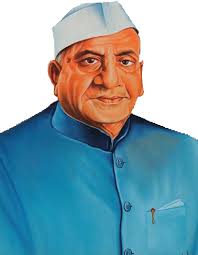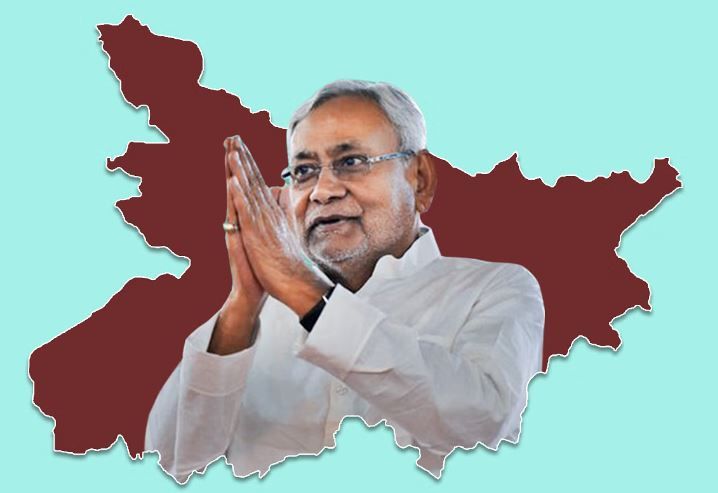oe Biden, the 46th President of the United States, has had a long and distinguished career in American politics spanning several decades. From his early days as a senator representing Delaware to his tenure as Vice President under Barack Obama and ultimately his election as President in 2020, Biden’s leadership journey reflects a deep commitment to public service, legislative prowess, and a vision for a united America. In this comprehensive exploration, we will delve into Joe Biden’s background, political career, key policies, challenges faced, and his impact on American politics and global affairs.
Early Life and Political Beginnings
Joseph Robinette Biden Jr. was born on November 20, 1942, in Scranton, Pennsylvania, and later moved to Delaware with his family. He overcame a childhood stutter and developed a passion for public speaking and debate, laying the groundwork for his future political career.
Biden attended the University of Delaware and later Syracuse University College of Law, where he earned his law degree. His interest in politics grew during his college years, and he entered public service as a county council member in Delaware before being elected to the United States Senate in 1972 at the age of 29, making him one of the youngest senators in history.
Senate Career and Legislative Accomplishments
During his long tenure in the Senate from 1973 to 2009, Joe Biden became known for his expertise in foreign relations, criminal justice issues, and his work on behalf of middle-class Americans. He served on key committees such as the Judiciary Committee and the Foreign Relations Committee, where he played a crucial role in shaping U.S. policies.
- Violence Against Women Act (1994): One of Biden’s most significant legislative achievements was the passage of the Violence Against Women Act (VAWA) in 1994. The law provided resources for victims of domestic violence and strengthened legal protections against gender-based violence, marking a pivotal moment in efforts to address domestic abuse in the United States.
- Foreign Policy and Judiciary Work: Biden’s extensive foreign policy experience led him to chair the Senate Foreign Relations Committee from 2001 to 2003 and again from 2007 to 2009. He played a key role in shaping U.S. policies regarding Iraq, Afghanistan, and arms control agreements. Additionally, his service on the Judiciary Committee included high-profile confirmation hearings for Supreme Court nominees.
Vice Presidency under Barack Obama
In 2008, Joe Biden was selected as the running mate for Senator Barack Obama in the presidential election. The Obama-Biden ticket won decisively, and Biden assumed the role of Vice President of the United States from 2009 to 2017. His tenure as Vice President was marked by significant domestic and foreign policy challenges and achievements.
- Economic Recovery and Health Care Reform: Biden played a crucial role in the Obama administration’s response to the 2008 financial crisis, including efforts to pass the American Recovery and Reinvestment Act of 2009 aimed at stimulating economic growth and creating jobs. He also supported the passage of the Affordable Care Act (ACA), commonly known as Obamacare, which expanded access to health insurance for millions of Americans.
- Foreign Policy and National Security: As Vice President, Biden was deeply involved in shaping U.S. foreign policy, particularly regarding Iraq, Afghanistan, and counterterrorism efforts. He advocated for the withdrawal of U.S. troops from Iraq and played a key role in diplomatic initiatives in the Middle East and Asia.
Presidential Campaigns and Election Victory
After completing his tenure as Vice President, Joe Biden announced his candidacy for the Democratic Party’s presidential nomination in the 2020 election. His campaign focused on themes of unity, restoring dignity to the presidency, and addressing pressing national issues such as healthcare, climate change, racial justice, and economic inequality.
- Primary Campaign and Nomination: Biden’s campaign gained momentum during the Democratic primaries, ultimately securing the party’s nomination after a competitive primary season. He appealed to a broad coalition of voters, including moderates, progressives, and disaffected Republicans, emphasizing his experience and ability to work across party lines.
- General Election Victory: In the general election held on November 3, 2020, Joe Biden defeated incumbent President Donald Trump, garnering a record-breaking number of votes and securing both the electoral college and popular vote victories. His running mate, Senator Kamala Harris, made history as the first woman, first Black woman, and first person of South Asian descent to become Vice President-elect.
Presidential Priorities and Policy Agenda
Since taking office on January 20, 2021, President Joe Biden has pursued an ambitious policy agenda aimed at addressing immediate challenges facing the nation and advancing long-term goals. Key priorities and initiatives include:
- COVID-19 Pandemic Response: Biden’s administration prioritized a comprehensive strategy to combat the COVID-19 pandemic, including vaccination distribution, economic relief measures, and public health guidance to mitigate the spread of the virus. The American Rescue Plan Act, signed into law in March 2021, provided significant funding for vaccine distribution, economic stimulus checks, and support for businesses and communities affected by the pandemic.
- Climate Change and Environmental Policy: Biden reentered the United States into the Paris Climate Agreement, signaling a renewed commitment to addressing climate change on the global stage. His administration has proposed ambitious clean energy initiatives, infrastructure investments, and regulatory actions aimed at reducing greenhouse gas emissions and transitioning to a sustainable economy.
- Economic Recovery and Infrastructure: Biden’s Build Back Better agenda focuses on revitalizing the economy, creating jobs, and modernizing infrastructure across the country. Proposed legislation includes investments in transportation, clean energy, broadband access, healthcare, education, and workforce development to promote economic growth and equity.
- Social Justice and Racial Equity: The Biden administration has prioritized initiatives to address systemic racism, promote police reform, expand voting rights, and advance equity in healthcare, education, and economic opportunity. Executive actions and legislative proposals aim to confront longstanding inequalities and promote social justice across communities.
- Foreign Policy and Global Engagement: Biden has emphasized rebuilding alliances, promoting diplomacy, and reengaging with international organizations to address global challenges such as climate change, nuclear proliferation, cybersecurity threats, and human rights abuses. His administration has taken a multilateral approach to global affairs, seeking cooperation with allies while also addressing strategic competition with countries like China and Russia.
Challenges and Criticisms
Despite his ambitious agenda and early successes, President Joe Biden faces several challenges and criticisms as he leads the nation:
- Partisan Divisions: Political polarization and gridlock in Congress pose challenges to passing major legislation and implementing policy priorities. Biden’s efforts to garner bipartisan support for key initiatives such as infrastructure and voting rights have faced obstacles amid deepening partisan divisions.
- Economic Recovery and Inflation: While the economy has shown signs of recovery from the pandemic-induced recession, concerns about inflation, supply chain disruptions, and rising costs for consumers persist. Balancing economic stimulus measures with fiscal responsibility remains a complex task for the administration.
- Immigration and Border Security: Biden’s approach to immigration policy, including reversing some of the Trump administration’s restrictive measures and addressing humanitarian challenges at the southern border, has faced scrutiny and debate. Finding a balanced and sustainable approach to immigration reform remains a contentious issue.
- Foreign Policy Challenges: Biden confronts complex foreign policy challenges, including managing relationships with China, Russia, and North Korea, navigating tensions in the Middle East, and addressing global security threats such as cyberattacks






